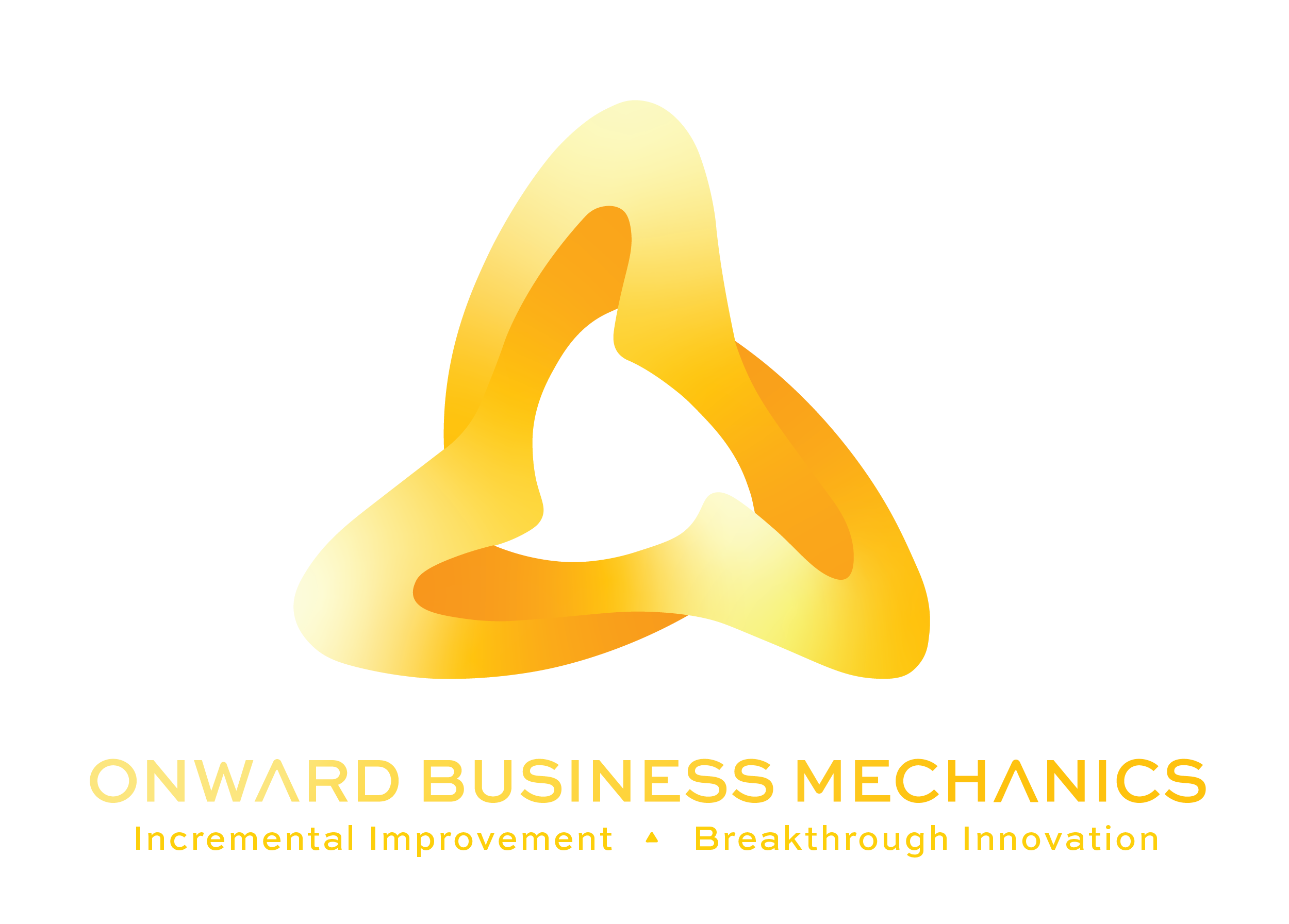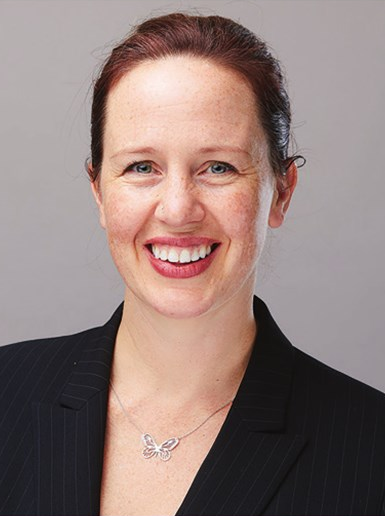I attended TEDx just a few weeks ago, and though there were many great speakers (some funny, some mind-bending, some 3/5th sci-fi) my favourite was Dr. Brian Goldman. I’ll spend the rest of this post on him, but if you’re curious about other speakers, check out this round-up. [Update: TED has now posted his talk here].
It’s a curious thing to see the face behind the voice you’ve been listening to on the radio, so at first I was just mesmerized by this man’s actual physical presence, as a whole person and not a disembodied set of vocal chords. But his message quickly overtook my attention as he somberly told us that he could ‘afford to give away some of [his] false prestige’ in order to deliver this message. Clearly this was going to be something meaty, significant, full of thought and emotion, I also detected, just a little bit of controversy.
His talk summarized the culture within medicine that says that: a) doctors do not make mistakes, b) if they do make mistakes, their mistakes don’t kill patients and c) if they do make mistakes and kill people, it only happens early in the physician’s career. Oh, and any non-rookie doctor that does make mistakes is disciplined and tossed out of the profession. Doctors do not make mistakes, says the prevailing narrative of the profession.
Dr. Brian was unrelenting in debunking all four elements of the above-mentioned doctor myth. First of all he pointed to the very obvious fact that doctors are human; very smart, highly trained, skilled and committed humans, but humans nonetheless. Any time humans are involved, mistakes are made. Period.
A multiplier effect for workplace errors
Then, by very bravely telling a few stories about how his own mistakes had played out throughout his career, Dr. Brian gave his talk a heartbreakingly personal element. His courage and honesty were absolutely stunning, as was his sincerity in calling for an end to the culture of denial within his profession that is causing these mistakes to multiply even today. Just as mould grows and spreads in dark and murky environments, the shame and secrecy around medical errors actually causes more of them to occur.
Why? Because no one is talking about what they learned. A mistake, in hindsight, is a lesson learned, and an opportunity for improvement by leveraging that experience. This is good if one person learns from her own mistake (Dr. Brian also used the female pronoun to describe what he called a ‘redefined doctor’, which was a nice touch) and takes care to avoid making it again. This is great if that person is willing to multiply the benefit by sharing the lesson learned, essentially making it possible that no one (in their circle of friends, in their hospital, in even their entire profession) will ever make that mistake again. But it takes true bravery to speak up as he did, and Dr. Brian earned himself a restounding standing ovation.
The cost of not talking about mistakes
In my own profession I see the openness around mistakes as a key indicator of the health of an organization’s culture. In the case of a bank an error committed by an employee could cause a frustrated customer, or a delayed transaction. In other industries, a mistake could cause anything from a damaged piece of equipment, or more delays, or even injuries and deaths. A large corporation will be heavily insured against such losses, but their reputation will suffer. For companies operating on a smaller scale, one mistake could sink the entire operation. This is why all companies can – and in my opinion, should – pay serious attention to errors.
Maximizing the knowledge and skills of their employees and providing them with equipment that works is a good place to start, but there’s much more to do as well. They can put standard procedures in place to prevent errors, implement poke yoke (mistake-proofing methods), develop systems to check for and correct errors before the damage becomes grave and irreversible. There are lots of tricks to minimize the reality that no matter how slick your business, how well-thought out your concept, or how solid your business model, humans are involved to some degree, and humans make mistakes.
Fire the saboteurs, train (and listen to) the honest mistake-makers
Even when all those systems fail, the last line of defense is your culture. How does the organization ‘feel’ about errors? I’ve been in work environments where employees are fired for making mistakes, and I understand their reasoning. People who deliberately sabotage their work or make mistakes without thought or care or cause, and refuse to work to the standards and systems provided need to be disciplined (or possibly fired) as they are a liability to the organization, and probably to themselves.
However, when well-intentioned employees working within the systems make errors in judgment that prove costly, foregoing the punishment and asking them to share their story is by far the best strategy in the long term. Not only will companies then gain the benefit of the knowledge that those employees gain by making mistakes (and the opportunity to improve their systems accordingly), the working environment will become much healthier. The environment shifts from one of fear and self-protectiveness (would you admit a mistake if it would cost you your job?) to one of openness, forgiveness and acceptance.
Stories about mistakes can even be a badge of honour. Engineers Without Borders (EWB) Canada releases an annual ‘Failure Report’ that summarizes the mistakes (which is really an edgy, bold way of saying ‘lessons learned’) of the past year. It’s a strong choice, one that speaks volumes about the stance that the leadership of EWB Canada is taking. George Roter, CEO and co-founder of EWB Canada, put it like this: “Tangibly, the EWB Failure Report is a collection of stories. Fundamentally, it is an example of the process of innovation we would like to see across international development.”
Without punishment, do mistakes run rampant?
So, you might be asking yourself, does all this talk about failure mean that mistakes are okay? That people stop caring and make even more of them? On the contrary – the constant drive to innovate, improve and learn is fuelled by the solidarity of humility everyone shares. We can all admit to each other that we are human – what a relief! – and that though we may not mean to, we will make mistakes. Then there is the safety they can feel in being completely honest with each other, and knowing that every time a mistake is made, another opportunity to learn occurs.
Especially when the stakes are high – as they are in the medical profession – these opportunities must be leveraged, and not swept under the rug or denied if we are truly committed to learning and innovation. So whether you’re a doctor, and engineer (with or without borders), or any other type of professional, ending the shame and secrecy around mistakes on the job is the best medicine.


